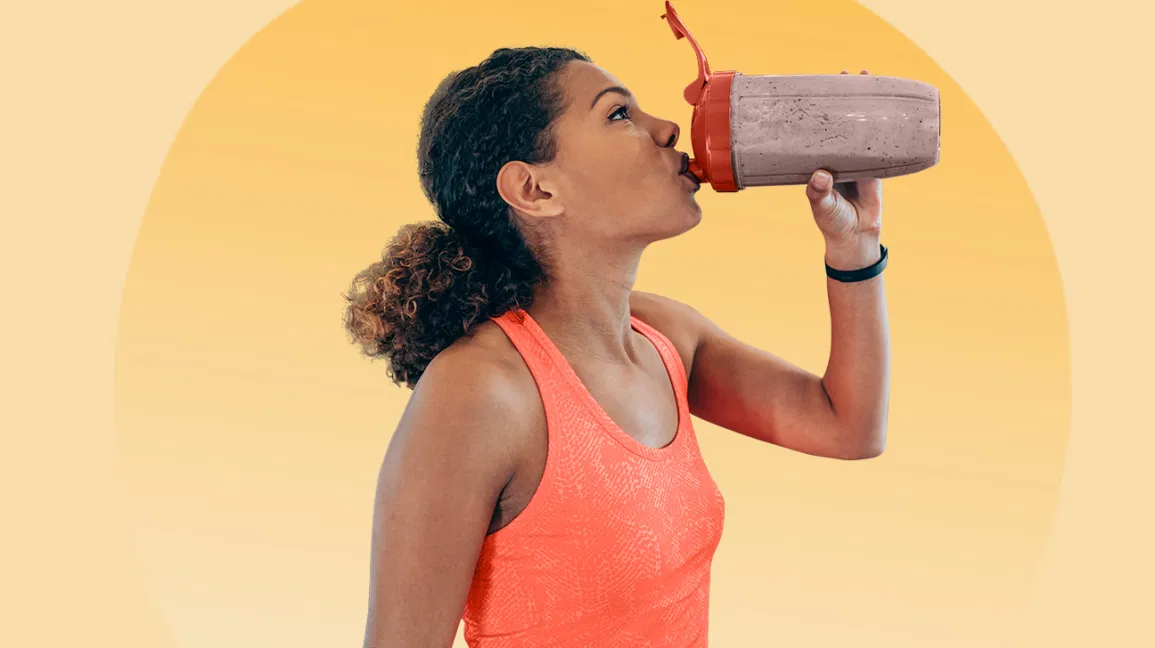When people think of supplements that help with exercise, whey protein and creatine often come to mind. In truth, multivitamin supplements are a more sustainable, natural way to help you meet your fitness goals. Women’s health supplements boost the number of vital nutrients needed in the body to complete regular daily tasks.
By increasing the nutrient content in your body, these supplements can help improve your performance while you exercise, allowing you to reach your full physical potential. Here is how different vitamins and minerals in health supplements can help you reach your fitness goals.
Vitamin A
Bodybuilders and athletes need high energy levels to power through their exercises. Low Vitamin A levels in the body can cause sluggishness and impair respiration. To eliminate such effects when exercising, your cells must produce Adrenaline Triphosphate (ATP). ATP directly impacts energy levels, and your body needs sufficient amounts of Vitamin A in its production. You should consider multivitamin supplements to boost energy levels during workouts.
Vitamin A also helps with protein synthesis, which promotes muscle growth. Bodybuilders can achieve their mass growth gains better by supplementing Vitamin A content within the body.
Vitamin B12
B12 is one of the most used vitamins in the human body, ideal for many small but vital processes within the human body. The vitamin helps create DNA, blood, and nerve cells for use throughout the body. By contributing to the production of more red blood cells, Vitamin B12 helps send oxygen to your muscles.
Vitamin B12 also supports the metabolism of proteins, fats, and carbohydrates, turning them into energy usable during exercising. B12 deficiencies can cause you to feel tired and run down, so use multivitamin supplements to increase its levels.
Vitamin B3
Vitamin B3, also known as niacin, is essential for strength building. The vitamin increases muscular vascularity while preserving muscle glycogen to help people realize their fitness goals. Aside from muscle growth, Vitamin B3 helps with muscle recovery and repair after exercises.
Niacin also helps lower cholesterol levels, boosting brain function and easing arthritis. By helping with such procedures, you experience an overall increase in performance and improved fitness results.
Vitamin C
Exercises cause cellular damage to the human body. As an antioxidant, Vitamin C helps slow down and reverse oxidative damage you experience from exercising.
Vitamin C is essential for iron absorption and collagen formation. Collagen helps create tighter, smoother skin and helps with tendon and muscle formation. Athletes often experience colossal injury risk, but Vitamin C can aid injury recovery and support a quick return to sports.
Humans often lose muscle mass with age which can affect exercising over time. Vitamin C is critical to muscle growth, helping women retain muscle mass even as they get older.
Vitamin D
The human body produces Vitamin D as a response to sunshine exposure. Vitamin D is usable in many body functions, including absorbing minerals like phosphorus and calcium. It also promotes brain and bone health, essential for normal body functions.
The vitamin’s influence on bone health is critical for muscle development. You enjoy multiple musculoskeletal benefits like increased protein synthesis and ATP concentration. This improves physical performance and exercise capacity. You need more Vitamin D for the numerous functions, so you should take multivitamin supplements to improve Vitamin D levels.
Vitamin E
As an antioxidant, Vitamin E helps deal with free radicals to improve recovery after your workout. This reduces the intensity of muscle cramps after exercising, enhancing muscle gains.
A dip in immune function often occurs immediately after exercises, exposing you to illnesses. Vitamin E offers the much-needed immune boost to protect you against diseases even after workouts.
Athletes and bodybuilders need vast amounts of Vitamin E to build muscle and strength. Vitamin E is naturally available in foods like almonds, peanuts, and hazelnuts, but these might be insufficient. Consider supplementing using multivitamins to prevent Vitamin E deficiency.
Vitamin B7
Biotin, also known as Vitamin B7, is one of the rarest occurring B complex vitamins in foods. Athletes are most likely to experience biotin deficiency, so they need multivitamins to help increase vitamin levels.
Biotin’s primary functions are to aid with protein synthesis and help convert food into energy. This can help improve fitness levels, allowing you to power through extended training sessions.
Minerals
Minerals are often classified into two categories: Macro (major) and micro (trace). Major minerals like calcium, potassium, and sodium are essential for sports performance and exercise. You need to take supplements for such minerals in higher quantities since they have more uses in the body.
Micro minerals like zinc, iron, and iodine are needed in lower quantities since they are primarily useful in hormone production. Supplements contain such minerals in trace amounts to help with tolerance.
Find the Best Women’s Health Supplements
Vitamins can significantly help improve athleticism, boost metabolic functions, increase energy levels, and enhance muscle development. Almost all necessary vitamins and minerals occur naturally in foods, but supplements can help you get all that your body needs. Try women’s health supplements today to help you reach optimal sports performance and improve your fitness goals.
Bonus Tip:
For better results ,you can take Goli Nutrition as a weight loss supplement while following your exercise routine.
